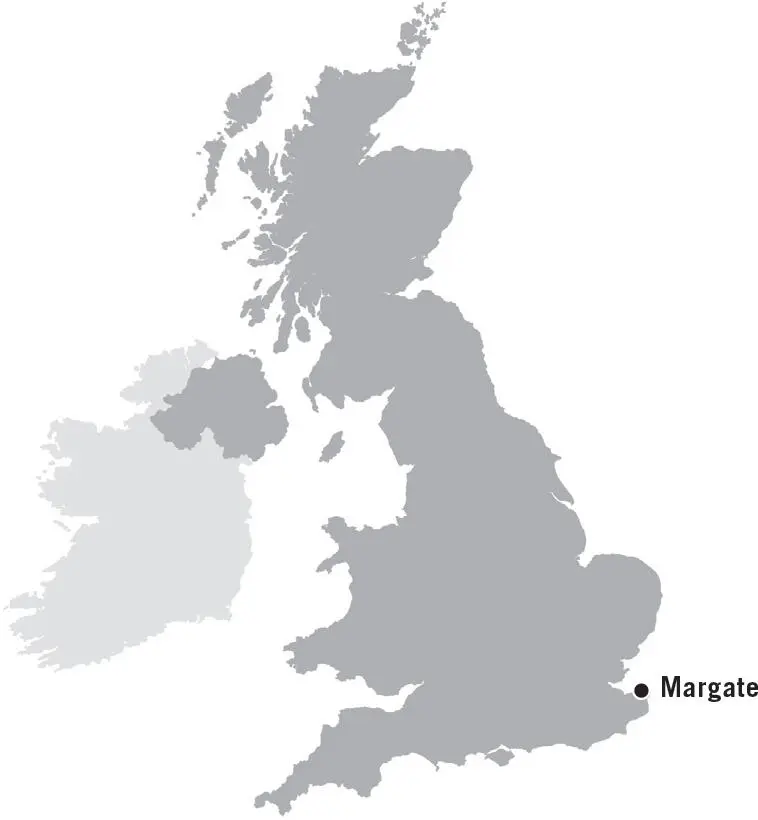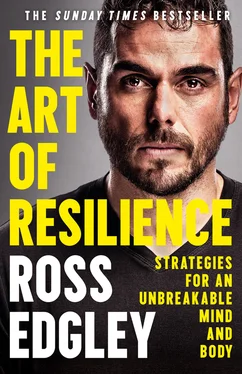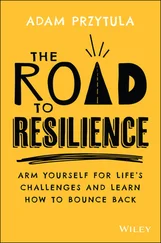Finally, I must mention my ‘home’ for 157 days. Hecate was a 53-ft (16-m) long and 23-ft (7-m) wide specially designed catamaran (known as a Wharram after its designer). Comprised of two parallel hulls that are essentially held together by rope and rigging, the entire boat bends, moves and contorts with the waves thanks to this form of traditional Polynesian boat-building that’s remained unchanged for thousands of years.
The idea for us on the swim was for Hecate to progress under sail as often as possible, but there would be times when travelling through rough seas or difficult tides that we would have to rely on her engine.
But the best part of Hecate ? The galley. Serving as the kitchen and library, it was where most of this book was written. After swimming up to 12 hours per day, the remaining time I would spend eating, sleeping (dreaming) and writing about theories and philosophies in resilience that I’d been thinking about when staring at the bottom of the seabed. In fact, during the entire 157-day swim, we calculated I spent over 1,500 hours (over 60 days) swimming with my face down looking into the dark blue abyss, writing the chapters of this book in my own head before the words ever appeared on paper.
This is why the contents of this book have become a blend of:
Real-life events from the swim.
Stories from my past that influenced the swim.
Tales from the strange world of sensory deprivation that occurred in my head.
The one common theme that runs throughout is resilience. This was also inspired by research in the Journal of Personality and Social Psychology which found, ‘The importance of intellectual talent to achievement in all professional domains is well established, but less is known about the importance of resilience. Defined as perseverance and passion for long-term goals … resilience did not relate positively to IQ, but demonstrated incremental predictive validity of success measures over and beyond IQ. These findings suggest that the achievement of difficult goals entails not only talent but also the sustained and focused application of talent over time.’ 1
Essentially, intelligence is great and being genetically gifted physically is an advantage. But one of the most underrated, yet powerful virtues a human can possess is resilience – which is exactly why I wanted to embark on this swim.
I wanted to follow in the footsteps of my hero Captain Matthew Webb, who, on 25 August 1875 achieved what many believed was impossible: the first crossing of the English Channel (swimming 21 miles from Dover in England to Calais in France). At the time, sailors claimed this was swimming suicide because the tides were too strong and the water too cold. But Captain Webb, in a woollen wetsuit and on a diet of brandy and beef broth, swam breaststroke (because front crawl was considered ‘ungentlemanly-like’ at the time) and battled waves for over 20 hours to make history.
I loved this story. It was one of grit, resilience and defying all odds as his dogged persistence and self-belief captured the spirit of the times and cemented Webb as a hero of the Victorian age.
Therefore, for me, circumnavigating Great Britain would serve as a way of reconnecting with these powerful and primitive human traits. Looking at the anthropology of us humans (and earth’s 4.5 billion-year history), it’s the reason we’re all here today sitting firmly at the top of the food chain, as we compete in the game that Charles Darwin and Herbert Spencer referred to as the survival of the fittest.
How did we do that? Well, our strategy has been simple. Around 100,000 years ago our ancestors developed these huge brains and amazing ability for endurance and physical labour and ever since have been able to outsmart, outhunt and outlast the bigger, stronger and faster members of the animal kingdom.
To them, bravery and tenacity weren’t rare and respected virtues. They were daily habits that people possessed solely in order to survive when everything outside of the comfort of their cave wanted to eat them.
Fast-forward to the era of modern (civilised) man and the same attributes of grit, determination and fortitude that saw us survive, now see us thrive. From the first ascent of Everest by Sir Edmund Hillary and Tenzing Norgay in 1953 to Captain Matthew Webb’s first crossing of the English Channel, it seems this idea of persistence, valour and intestinal fortitude is what bonds great feats of human endeavour throughout history.
But today we are in danger. We are ignoring these key attributes that made us great as a species and are losing our ancient, age-old abilities for mental and physical robustness. Living between our desks at work and sofas at home, we would be almost unrecognisable to our intrepid forefathers who 70,000 years ago had dreams beyond their horizons as they left East Africa to explore the world. Which is exactly why I decided to swim around Great Britain and to write this book.
To show that we modern humans are capable of the same superhuman resilience as our intrepid ancestors.
CHAPTER 2 | WHY THE BODY DOES NOT BREAK

LOCATION:Margate
DISTANCE COVERED:0 miles
DAYS AT SEA:0
The clock strikes 2.00 p.m. on Margate beach and signals my final three hours on land.
I spent these last precious moments bouncing between the local patisseries and pizza parlours along the seafront, as a generous portion of scones, doughnuts and an 18-inch stuffed crust helped to calm my nerves. Not knowing when I might get a freshly cooked pizza again, I ate what I could and then put the rest in my pocket as I headed to the beach to meet the Mayor of Margate who’d kindly agreed to say a few words to me and the local media before we set sail.
Her name was Julie and she was lovely. Impeccably dressed and wearing a huge traditional gold medallion (known as a chain of office), she and her husband Ray had already met my mum and dad who’d arrived earlier that day. So, we skipped the formalities and instead spoke about scones and swimming and I ate pizza out of my pocket as they proudly told me about the history and heritage of their beloved town.
‘How long do you think it will take you?’ Julie asked.
I paused for a moment, since I really had no idea. All I knew was the waves, wind and weather would decide if and when I would finish. But as a very rough guess I replied, ‘Maybe a hundred days, but likely more.’
‘Oh dear,’ she said disappointed and looked at Ray with concern. ‘He’ll miss our food festivals in August if he doesn’t hurry.’
That one moment is why I will forever love Margate.
Marvellous Margate. Traditional and welcoming, but entirely unpretentious and down-to-earth. Whereas everyone else was concerned with the start, Julie was already (ambitiously) planning the finish to coincide with scones and jam at her local food festival. This is why I will be forever grateful to the town who waved me goodbye on my voyage.
But worth noting is that not everyone shared Julie’s optimism and there weren’t many people in attendance that day other than those who lived locally. Sponsors had tried their very best to get the national media to report on the start, but few were taking it seriously. Just months before, another swimmer had attempted the swim but quit after a week due to bad conditions. As a result, most journalists believed this was an equally ill-fated attempt at an impossible adventure.
Also, social media was rife with people posting why they thought this would fail.
Читать дальше













